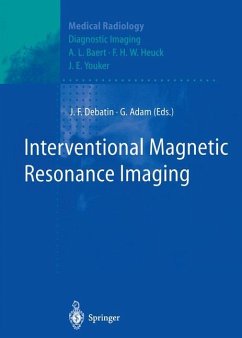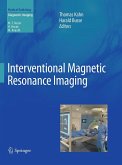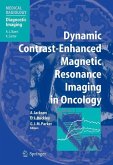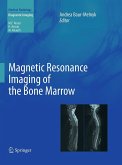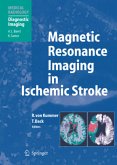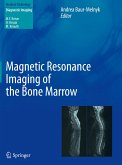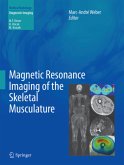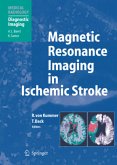One of the most amazing and spectacular developments in modern radiology has been the rapid growth and expansion of so-called interventional radiology, which can also be described as minimally invasive therapy guided by radiological imaging. Many applications of this method are now widely in use in different organs, particularly in the vascular system. Everybody is well aware of the shortcomings and drawbacks of the radiological modalities currently used for guiding minimally invasive procedures. Ultrasound, although it has the advantage of being absolutely harmless to the patient and the operator, cannot be used for many procedures because it does not provide the precise anatomical information needed for a safe performance of these procedures. Rontgen rays provide superb anatomical insight to guide delicate manipulations inside the human body, but as operations tend to become longer and more complicated, the radia tion dose for patients, as well as for operators, is becoming an increasing source of concern. It is therefore logical that we should explore the possibilities for interventional radiological procedures provided by the latest imaging modality -magnetic resonan ce imaging -taking advantage of the specific physical properties of this method and the absence of ionizing radiation. It soon became evident that this new approach represents a tremendous challenge involving the development of new hardware and software, new catheters and other material that can be used in a magnetic environment, etc.
Bitte wählen Sie Ihr Anliegen aus.
Rechnungen
Retourenschein anfordern
Bestellstatus
Storno

